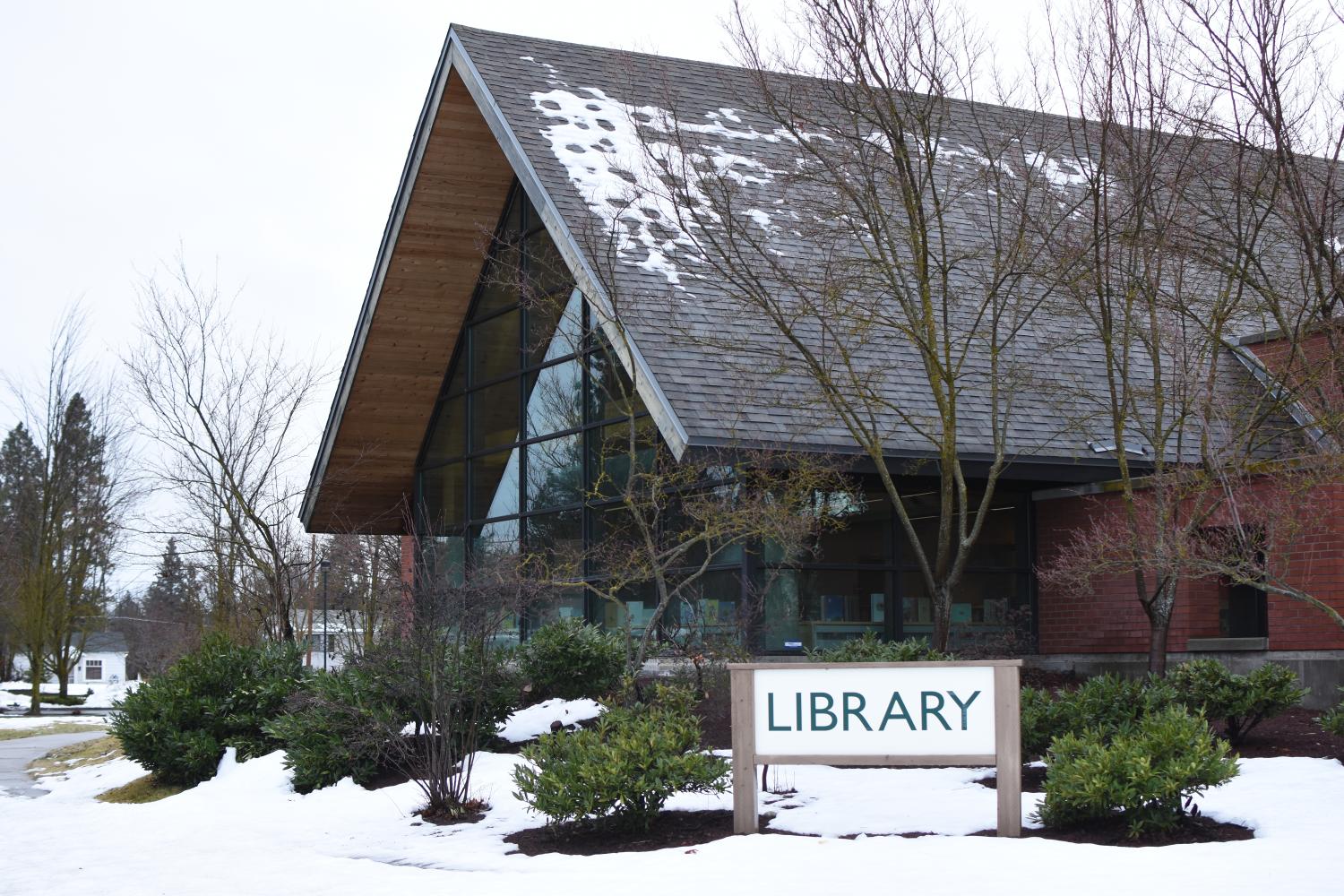Introduction to Political Philosophy
Class 4: Consequentialism & Fairness with Dr. Shane Gronholz
Wednesday, September 27
5:30pm - 6:30pm
South Hill
South Hill EventsClass 4 of a 4-part introduction to political philosophy, lead by our Current Affairs Specialist, Dr. Shane Gronholz.
Spokane Public Library is excited to pilot a new mini-course in political philosophy, led by our Current Affairs Specialist, Dr. Shane Gronholz, who holds a PhD in philosophy.
Taking place each Wednesday in September, this course will delve into the foundational questions of political philosophy. Each class is designed to stand alone, so you can gain valuable insights even if you're unable to attend all sessions.
In his role as Current Affairs Specialist, Shane frequently reflects on the nature of our political disagreements and the state of civic dialogue. He posits that many of these disputes stem from differing underlying political philosophies. While understanding these philosophies may not resolve all disagreements, it can foster a deeper understanding and appreciation of perspectives different from our own.
The central question we'll explore is: Where does the authority of the government come from? The government makes a lot rules about who gets to do what. Governments have told people whom they can marry, what drugs they can take, how much they have to pay in taxes, what rights have to be respected (and which ones do not) and much, much more. Our question is simply: why do they get to do that?
This is a fundamental inquiry in political philosophy, and your answer to it can significantly shape your views on what the government is entitled to do. Join us as we unpack this question and explore its far-reaching implications.
Class 4: Consequentialism and Fairness
In our final session, we'll delve into two interconnected theories that justify the existence of government: consequentialism and fairness.
Consequentialism posits that the legitimacy of government lies in its ability to produce beneficial outcomes for its citizens. The theory suggests that without a governing body, society would descend into anarchy, leading to a poor quality of life for most individuals. We'll explore this theory, examining the benefits that governments provide and the potential consequences of a lack of governance.
Next, we'll explore the theory of fairness, which posits that one of the primary roles of government is to ensure a level playing field for all citizens. This theory argues that without government intervention, power and resources would accumulate among a select few, leading to inequality and injustice.
A key figure associated with this theory is John Rawls, who argued that justice is fairness. We'll delve into Rawls' philosophy, exploring his principles of justice and their implications for our understanding of government and society.
However, as with all theories, consequentialism and fairness have their critics. After introducing these theories, we'll explore some of the critiques and challenges they face, deepening our understanding of their strengths, weaknesses, and implications.
Join us as we critically engage with these theories in political philosophy. Whether you're new to the field or looking to deepen your understanding, this class promises to offer valuable insights and stimulate thoughtful discussion.
By attending library programs, you are agreeing to potentially appear in photos/videos taken at our locations that may be used in promotional materials including social media.
We strive to make events welcoming for people of all abilities. To request accommodations (i.e. hearing assistance, ASL requests, or other ADA inquiries), call the library at 509-444-5308.
South Hill
| Mon, Feb 02 | 9:00AM to 6:00PM |
| Tue, Feb 03 | 9:00AM to 6:00PM |
| Wed, Feb 04 | 9:00AM to 6:00PM |
| Thu, Feb 05 | 9:00AM to 6:00PM |
| Fri, Feb 06 | 9:00AM to 6:00PM |
| Sat, Feb 07 | 9:00AM to 6:00PM |
| Sun, Feb 08 | 12:00PM to 4:00PM |

Features:
Computers & Technology:
• 16 public computers
• 2 children’s computers
• Free WiFi
Meeting & Study Rooms:
• 136 capacity meeting room
Services:
• Faxing, copying, scanning




